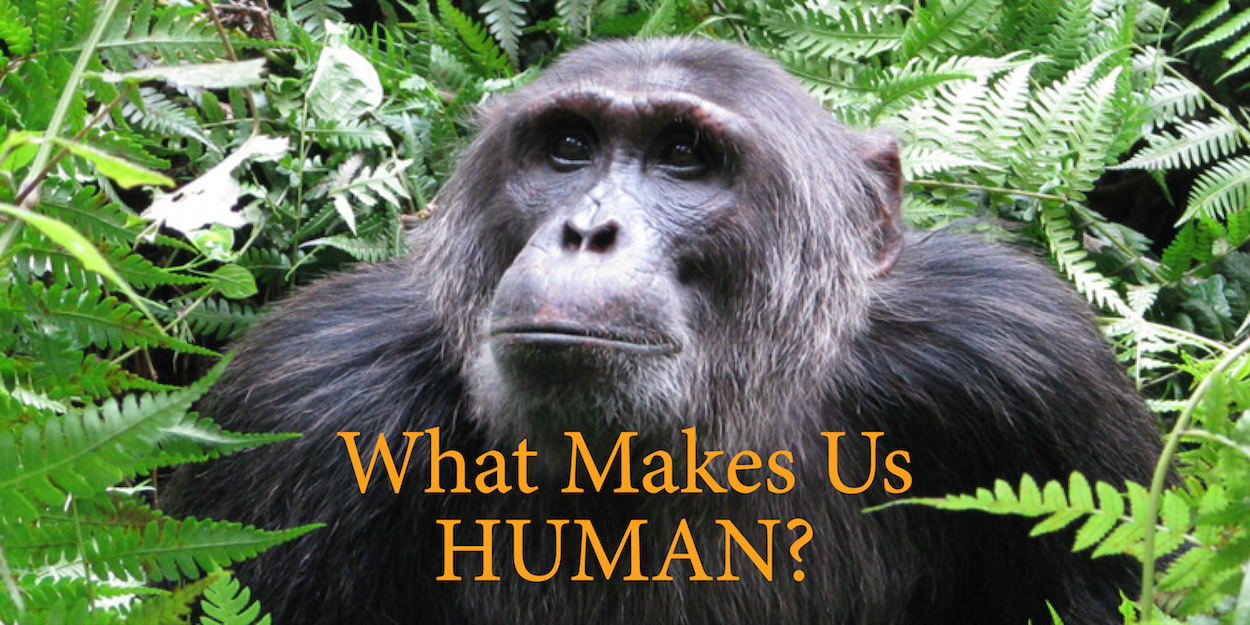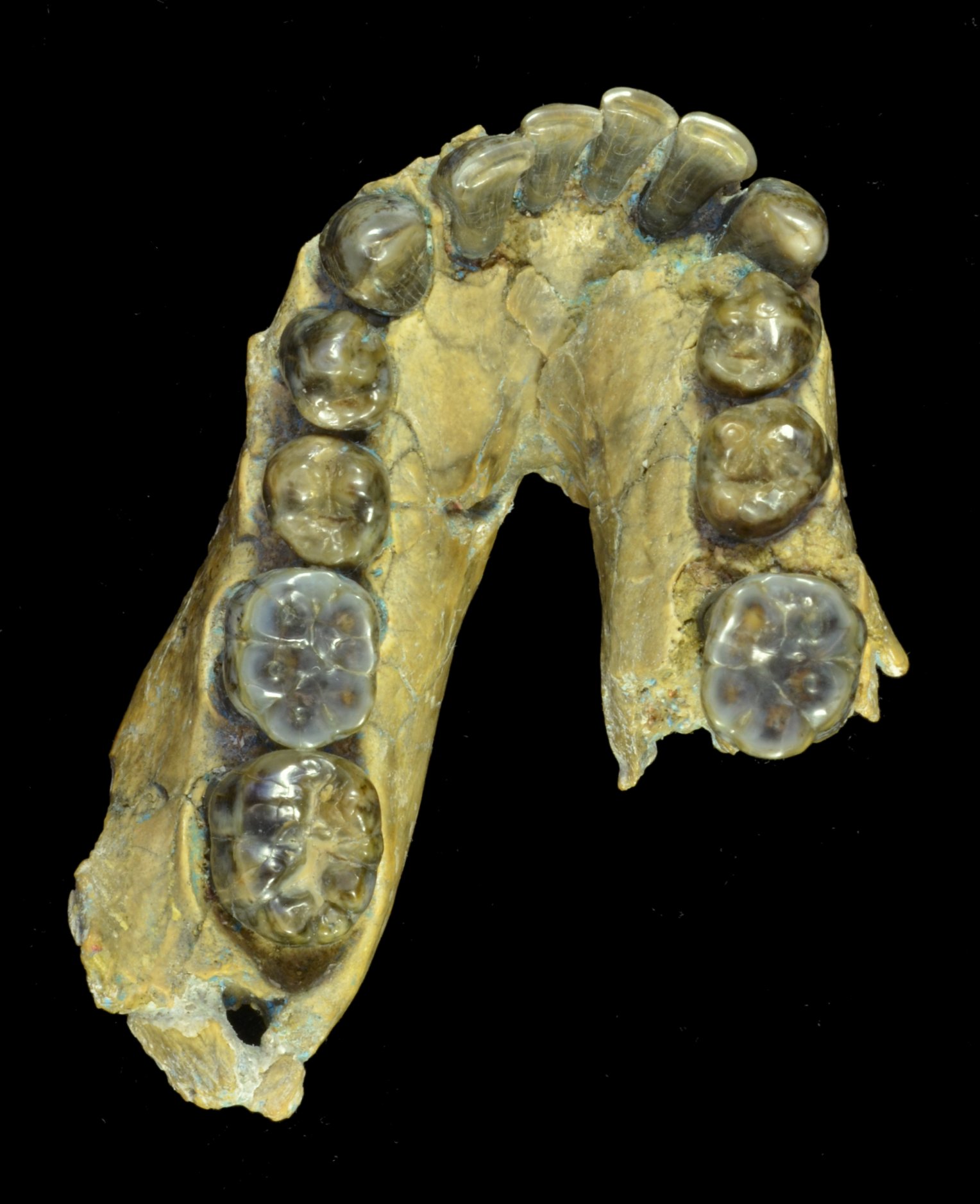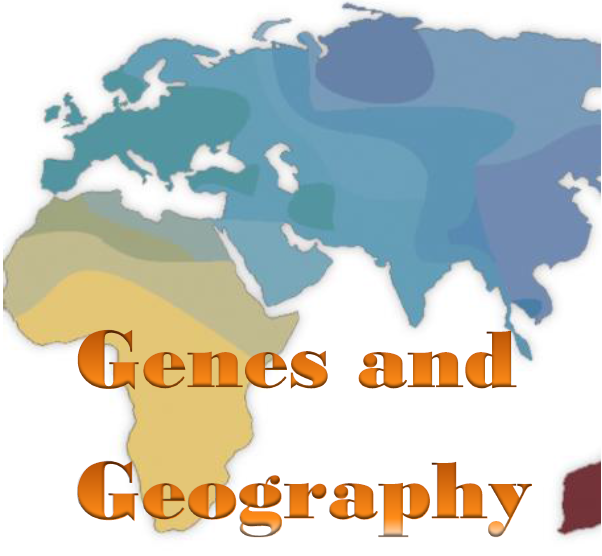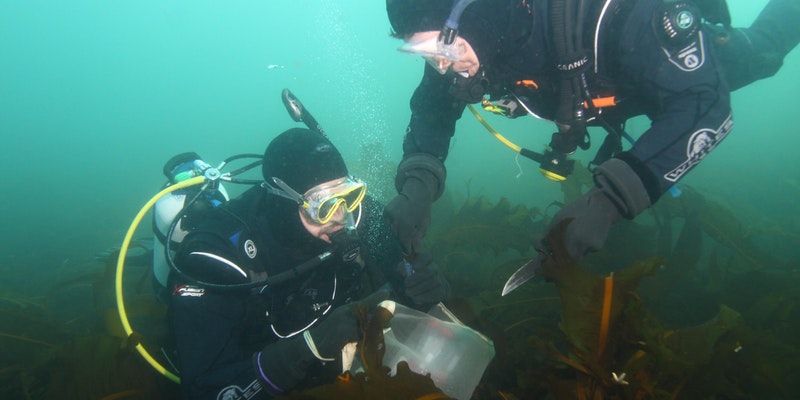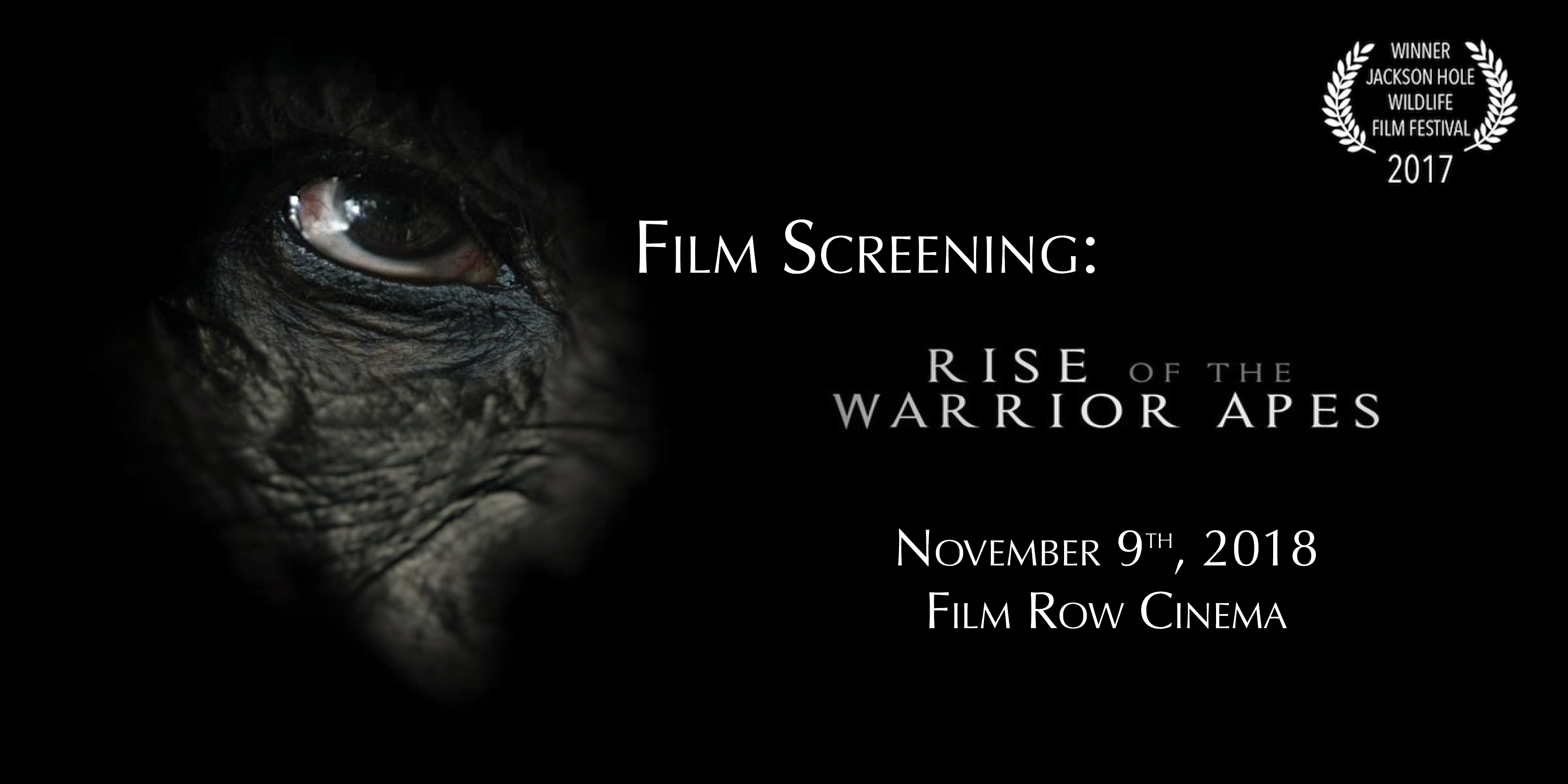
This event is a screening of the award-winning documentary Rise of the Warrior Apes, featuring a question and answer session with collaborating scientist Dr. John Mitani.
“Filmed over 23 years, Rise of the Warrior Apes tells the epic story of an extraordinary troop of chimpanzees in Ngogo, Uganda – featuring four mighty warriors who rule through moral ambiguity, questionable politics, strategic alliances, and destroyed trust. Continue reading “Film Screening: Rise of the Warrior Apes”
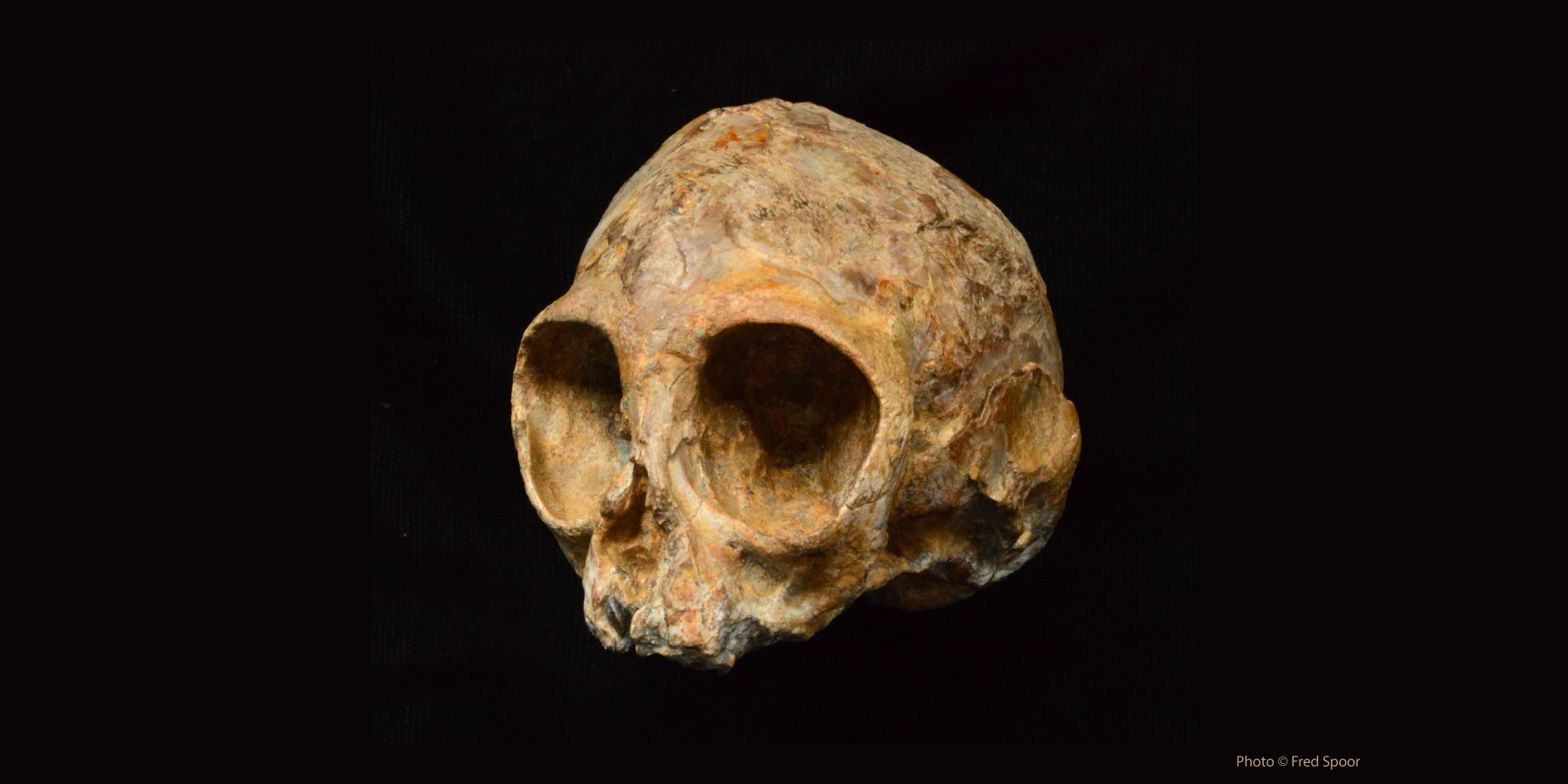
The recent discovery of a 13 million-year-old fossil infant ape skull has offered a rare glimpse of what the common ancestor of all living apes and humans may have looked like. The fossil, nicknamed “Alesi,” belongs to a newly named species called Nyanzapithecus alesi. Alesi was discovered in a desolate region of Kenya by John Ekusi, a member of Dr. Isaiah Nengo’s research team. In this talk, Dr. Nengo will share the story of finding this rare fossil and discuss the secrets that cutting-edge technology has uncovered about the life of this ancient infant.
Continue reading “Alesi: The Life, Death, and Discovery of an Ancestor”

